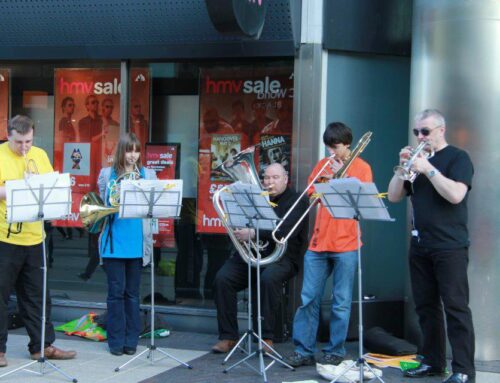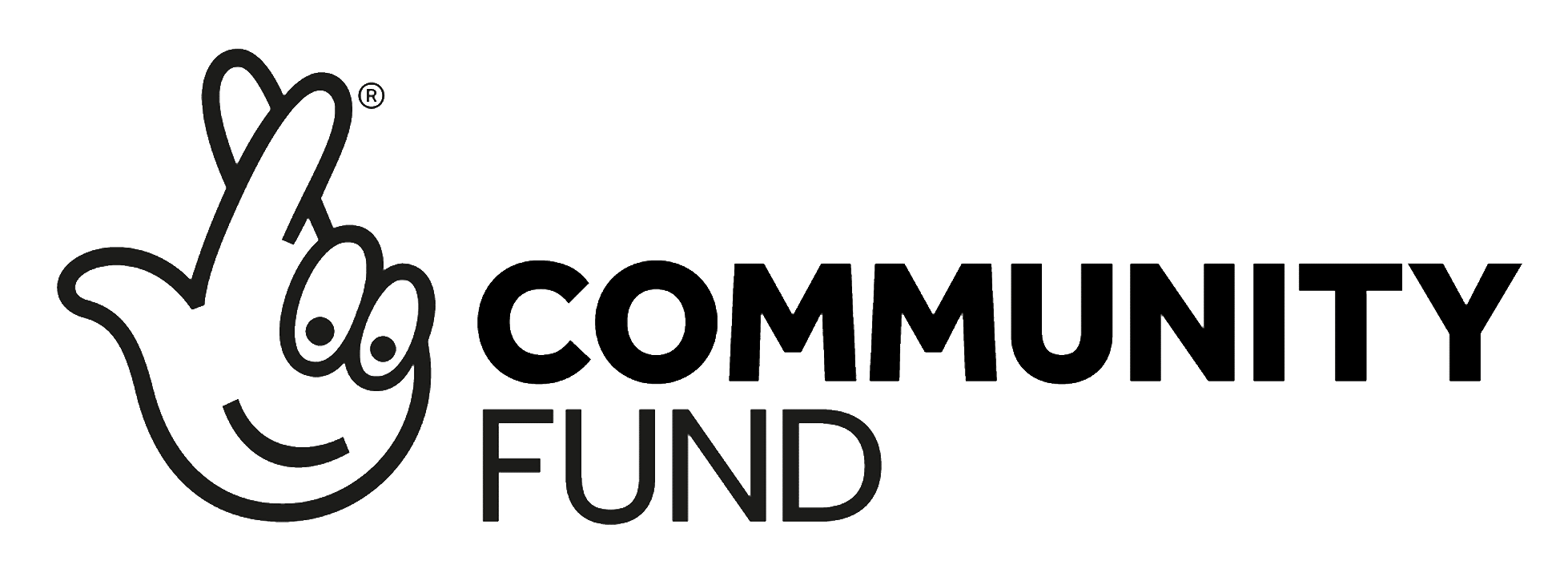Mastering Life Balance With Community Orchestra Rehearsal Schedules
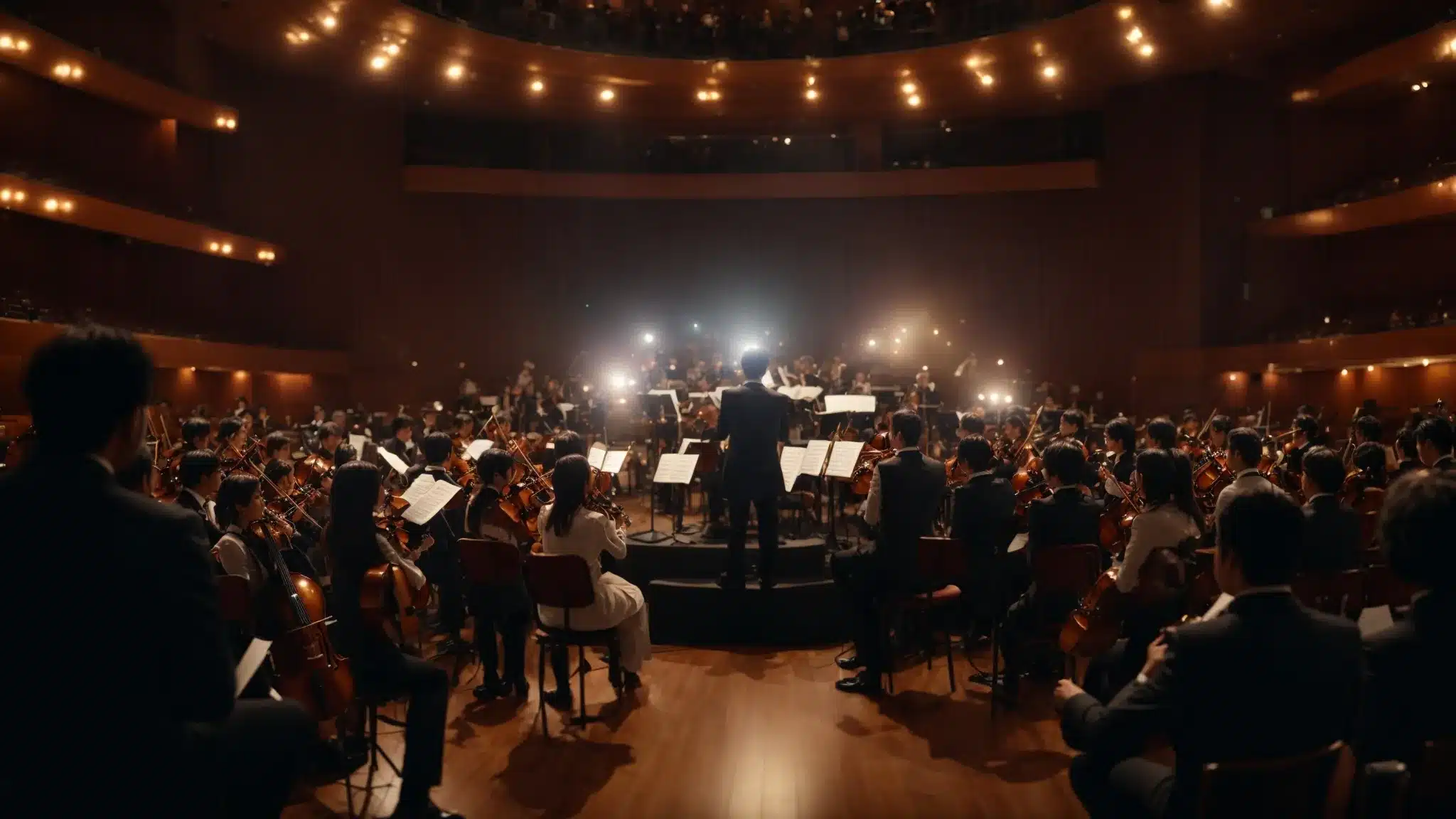
Finding balance between personal commitments and community orchestra rehearsals can often feel overwhelming. With countless responsibilities, from family obligations to work demands, musicians may struggle to fit in time for their violin or harp practice. This guide will explore effective time management techniques, the importance of communication with family and workplaces, and how to utilize technology for scheduling. By following these strategies, individuals can enhance their participation in classical music while maintaining their personal well-being. Readers will discover practical solutions to integrate their passion for chamber music into their busy lives, making rehearsals an enjoyable part of their routine.
Understanding the Commitments of a Community Orchestra

Community orchestras, such as the Baltimore Symphony Orchestra, demand commitment through structured rehearsal schedules that require careful assessment of time requirements. This section will explore recognizing seasonal performance peaks and provide strategies for balancing practice time with other obligations. These insights will help ensure that individuals can thrive within the ensemble while managing their personal commitments effectively.
Assessing Rehearsal Schedules and Time Requirements
Assessing rehearsal schedules and time requirements is crucial for musicians participating in a community orchestra. String section members, including violas, must consider their personal commitments and how they align with the ensemble’s schedule, especially during concert seasons when rehearsals intensify. By understanding the time needed for instruction in conducting and preparing for concertos, musicians can better integrate their practice into their weekly routine, ensuring they are well-prepared for performances while maintaining a healthy life balance:
- Evaluate the orchestra’s rehearsal calendar for peak performance periods.
- Communicate openly with directors about time constraints and flexibility.
- Develop a consistent practice schedule that accommodates personal and professional obligations.
Recognizing Seasonal Performance Peaks
Recognizing seasonal performance peaks is vital for musicians in community orchestras like The People’s Orchestra. During concert seasons, especially for string instrument players such as cellists, rehearsal demands increase significantly. By understanding when these peaks occur, musicians can strategically plan their practice schedules, allowing time for solo preparation while ensuring they remain engaged and balanced in both their musical and personal lives.
Balancing Practice Time With Other Obligations
Balancing practice time with other obligations is essential for musicians involved with community orchestras like The People’s Orchestra. Musicians can optimize their schedules by prioritizing their commitments, ensuring they set aside dedicated time for rehearsals and performances, particularly during busy periods marked by Events at The People’s Orchestra. For those participating in The People’s Big Band, effectively managing practice alongside work and family responsibilities fosters not only musical development but also personal well-being, creating a harmonious life outside of music.
Time is scarce when passion calls. Let’s explore how to make every moment count and keep the music alive.
Implementing Effective Time Management Techniques

Prioritizing responsibilities and setting clear goals is crucial for musicians balancing commitments in a community orchestra. Creating a weekly schedule that accommodates practice and personal activities helps streamline efforts. By allocating specific time blocks for each, musicians can effectively manage their rehearsal schedules while ensuring personal obligations are met, fostering a harmonious life both on and off the stage.
Prioritizing Responsibilities and Setting Goals
Prioritizing responsibilities and setting achievable goals are essential for musicians balancing their commitments within a community orchestra. By identifying key tasks, such as rehearsal times and personal obligations, individuals can create a structured approach to their week. For example, a violinist might allocate specific days for practice while reserving weekends for family activities, ensuring that both musical and personal aspirations are fulfilled harmoniously.
Creating a Weekly Schedule That Works
Creating a weekly schedule that works effectively combines a musician‘s rehearsal commitments with personal life demands. By dedicating specific blocks of time for practice and remaining flexible for unexpected obligations, musicians can create a routine that fosters both musical growth and personal satisfaction. For instance, a community orchestra member might set aside evenings for focused practice, while designating weekends for family activities, allowing them to thrive in both their musical and personal lives.
Allocating Time Blocks for Practice and Personal Activities
Allocating specific time blocks for practice and personal activities is key to achieving balance for musicians involved in community orchestras. Successful members often find it beneficial to designate certain hours for music practice, ensuring they remain committed while still having time for other important aspects of life. For instance, a musician may reserve weekday evenings for rehearsals and weekend mornings for family events, thus creating a structured yet flexible schedule that accommodates their passion for music as well as their personal commitments:
- Set aside dedicated practice times during the week.
- Reserve weekends for family and personal activities.
- Remain flexible to adjust schedules for unexpected obligations.
Time management helps clear the path for what truly matters. Next, understanding how to communicate with family and workplaces can deepen those connections that make life worthwhile.
Communicating With Family and Workplaces

Sharing orchestra commitments openly is essential for achieving a balance between musical and personal responsibilities. By negotiating flexible work arrangements, musicians can prioritize their rehearsals while maintaining professional obligations. Involving loved ones in the musical journey fosters support and understanding, creating a collective effort that eases the management of busy schedules.
Sharing Your Orchestra Commitments Openly
Sharing orchestra commitments openly with family and workplaces is a vital step towards achieving life balance. Musicians often find that communicating their rehearsal schedules and performance dates fosters understanding and support from loved ones and employers alike. An effective approach is to discuss these commitments well in advance, helping to create a shared understanding of the time needed for practice and rehearsals, which ultimately contributes to stronger relationships and enhanced musical engagement:
- Discuss rehearsal schedules and performance dates with family members.
- Negotiate flexible work arrangements when possible.
- Encourage family involvement in the musical journey.
Negotiating Flexible Work Arrangements
Negotiating flexible work arrangements is essential for musicians balancing their commitments to community orchestras and their professional responsibilities. Communicating clearly with employers about rehearsal schedules and performance dates can lead to understanding and support, enabling musicians to manage their time effectively. For instance, a musician may propose adjusted hours or remote work arrangements during peak performance seasons, allowing them to prioritize their musical involvement while maintaining productivity at work.
Involving Loved Ones in Your Musical Journey
Involving loved ones in a musician‘s journey with a community orchestra can create a supportive environment that enhances both musical and personal fulfillment. By encouraging family members to attend performances or participate in discussions about rehearsal schedules, individuals help them understand the commitment and passion that music brings to their lives. This shared experience can strengthen bonds, foster a sense of community, and ultimately make it easier to manage balancing orchestra involvement with family time:
- Invite family to join in on music-related events or rehearsals.
- Discuss the personal significance of music and orchestras with loved ones.
- Share updates on upcoming performances to keep family members engaged.
Family and work connections can sometimes slip through the cracks. By embracing the right tools and technology, a clear path opens for better scheduling and meaningful engagement.
Utilizing Tools and Technology for Scheduling

Utilizing tools and technology can significantly enhance life balance for community orchestra members. Digital calendars keep musicians organized by noting important rehearsal and performance dates. Setting reminders ensures no key moments are overlooked, while scheduling apps streamline time management for efficiency. These strategies support musicians in harmonizing their musical commitments with personal obligations.
Using Digital Calendars to Stay Organized
For community orchestra members, using digital calendars is a practical way to stay organized and manage busy schedules effectively. By inputting rehearsal and performance dates into their calendars, musicians can easily see their commitments at a glance, helping them prioritize practice time and personal activities. Setting reminders for upcoming events can prevent surprises, ensuring that important rehearsals or family engagements are never overlooked:
- Input rehearsal and performance dates into a digital calendar.
- Use reminders to keep track of important commitments.
- Review the calendar weekly to manage time efficiently.
Setting Reminders for Important Dates
Setting reminders for important dates is a practical way for musicians involved in community orchestras to manage their busy schedules. By using digital tools like calendar apps or smartphone reminders, individuals can ensure they never miss a rehearsal or performance. For example, scheduling alerts a week in advance can help musicians prepare mentally and logistically, making it easier to balance their musical commitments with personal obligations, thus promoting harmony in their lives.
Leveraging Scheduling Apps for Efficiency
Scheduling apps can greatly enhance the efficiency of community orchestra members by streamlining their rehearsal schedules alongside personal commitments. These digital tools allow musicians to input important dates, set reminders, and even share schedules with family or fellow orchestra members, ensuring everyone is informed and engaged. By consistently utilizing a scheduling app, individuals can prevent overlaps, allocate adequate practice time, and maintain a balanced life that values both their musical passion and personal responsibilities:
- Input important rehearsal and performance dates to visualize commitments.
- Set reminders for practice sessions to stay on track.
- Share scheduling apps with family for better support and understanding.
Effective scheduling tools can ease the burden, but they won’t ensure success alone. To thrive, one must also nurture their personal well-being and energy, for this is where true strength lies.
Maintaining Personal Well-Being and Energy

Incorporating rest and relaxation into daily routines is essential for maintaining personal well-being and energy while participating in community orchestra activities. During busy periods, effective stress management techniques are crucial. Additionally, practicing mindfulness and self-care allows musicians to recharge mentally and physically. Together, these strategies ensure that musicians can thrive, balancing their passion for music with their overall health.
Incorporating Rest and Relaxation Into Your Routine
Incorporating rest and relaxation into a routine is essential for musicians participating in a community orchestra. Taking time to unwind helps to recharge both mentally and physically, contributing to better performance and overall well-being. For instance, setting aside moments for meditation, light stretching, or enjoying a peaceful walk can alleviate stress and enhance focus during rehearsals, allowing musicians to engage fully in their musical commitments.
Managing Stress During Busy Periods
Managing stress during busy periods is essential for musicians involved in community orchestras. By adopting practical strategies such as prioritizing self-care and setting aside time for relaxation, musicians can alleviate pressure during intensive rehearsals and performances. For instance, engaging in brief mindfulness exercises or scheduling short breaks between practice sessions can help individuals maintain focus and energy, contributing to a more positive and productive rehearsal experience.
Practicing Mindfulness and Self-Care Techniques
Practicing mindfulness and self-care techniques is vital for musicians involved in community orchestras, especially during busy rehearsal seasons. Simple actions like deep breathing, short meditation breaks, or engaging in calming activities can help individuals recharge mentally and physically. Establishing these habits can enhance focus during practices and performances, ensuring individuals maintain their energy and passion for music while balancing personal commitments:
- Implement deep breathing exercises to alleviate stress.
- Schedule short meditation breaks throughout the week.
- Engage in relaxing activities, like reading or light stretching.
Building personal well-being opens doors to new experiences. In the world of music, it can also enhance connections with others, bringing social life and creativity together.
Integrating Social Life With Musical Pursuits

Integrating Social Life With Musical Pursuits
Integrating social life with musical pursuits plays a vital role in maintaining balance for community orchestra members. Connecting with fellow musicians fosters a sense of camaraderie that enhances the overall experience. Participating in social events related to music can create enjoyable opportunities for collaboration. Additionally, combining social activities with practice sessions allows musicians to stay engaged while deepening their musical relationships.
Connecting With Fellow Musicians
Connecting with fellow musicians offers community orchestra members a rich opportunity to build relationships and enhance their musical experience. Engaging in social activities, such as group practice sessions or ensemble outings, not only strengthens camaraderie but also fosters collaboration and a supportive environment. This shared involvement can lead to increased motivation, improved skills, and a deeper sense of belonging within the ensemble, making the journey of balancing musical passions with personal life more enjoyable and fulfilling.
Attending Social Events Related to Music
Attending social events related to music creates valuable connections for community orchestra members, enriching both their musical journey and personal lives. Engaging with fellow musicians at concerts, fundraisers, or post-rehearsal gatherings fosters a sense of belonging within the orchestra, making the commitment to rehearsals and performances feel even more rewarding. By blending social interactions with their passion for music, individuals can cultivate friendships that support their artistic growth, while also finding joy and balance in their daily routines.
Combining Social Activities With Practice Sessions
Combining social activities with practice sessions can significantly enhance the experience for community orchestra members. By inviting fellow musicians to join in practice, individuals not only make their rehearsals more enjoyable but also foster a sense of camaraderie and support within the group. This approach encourages collaboration and shared learning, ultimately leading to improved skills and stronger connections among ensemble members.
- Invite fellow musicians to practice sessions for a collaborative experience.
- Engage in group rehearsals to enhance motivation and learning.
- Organize social gatherings after practice to strengthen community bonds.
Conclusion
Mastering life balance with community orchestra rehearsal schedules is essential for musicians seeking to thrive both personally and musically. By effectively assessing rehearsal demands, setting priorities, and utilizing scheduling tools, individuals can harmonize their commitments without sacrificing their well-being. Open communication with family and workplaces fosters a supportive environment that encourages musical growth. Ultimately, integrating personal and musical pursuits enhances the overall experience, creating fulfilling relationships and a vibrant community spirit.
